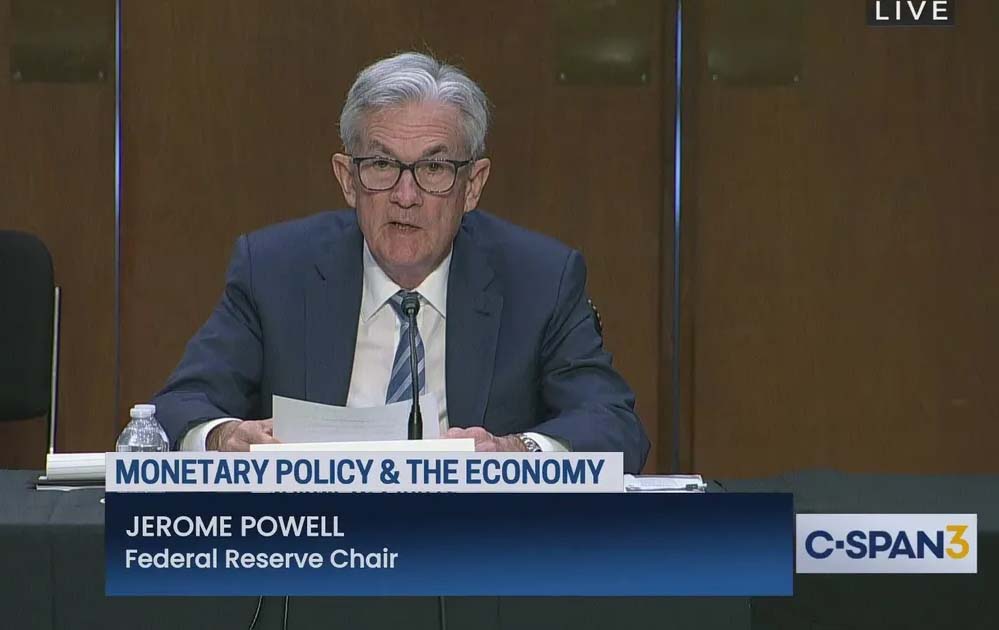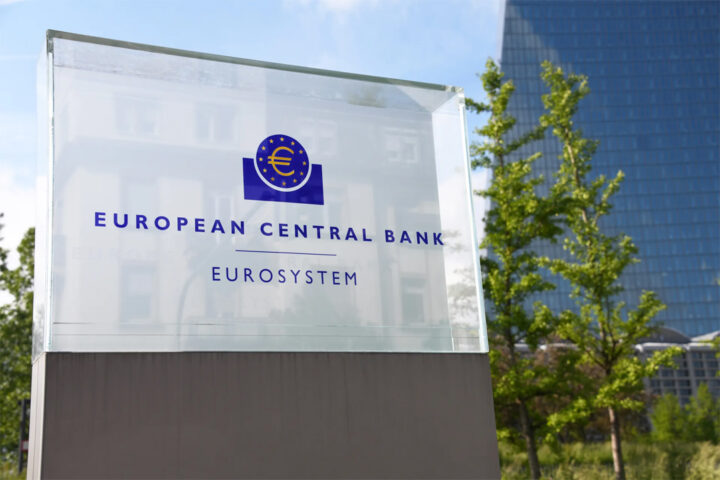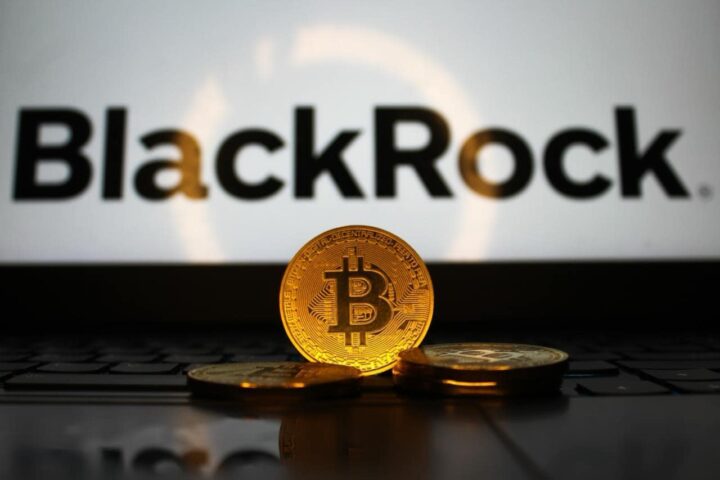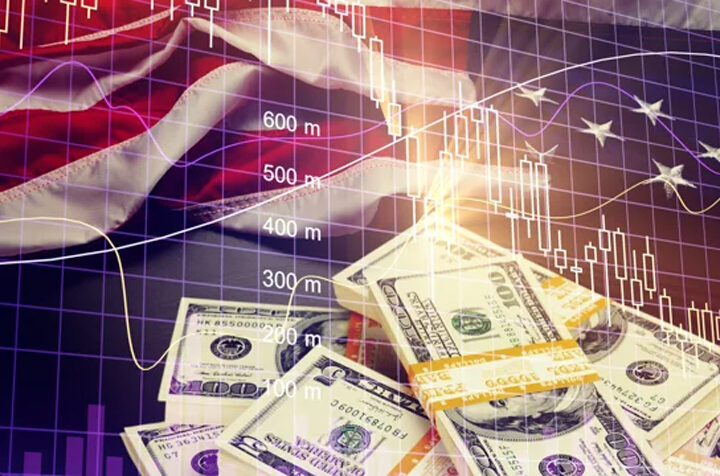The Federal Reserve has made a mistake by delivering a 25 basis-point interest rate hike amid ongoing financial market turmoil and recession red flags, warned the CEO of a leading financial advisory and fintech.
Fed Chair Jerome Powell at Wednesday’s meeting of the FOMC (Federal Open Market Committee) – the branch of the US central bank responsible for implementing monetary policy – confirmed a widely anticipated quarter percentage point hike, bringing the benchmark interest rate to 5-5.25%, the highest since 2006.
“The Fed failed early on with inflation due to its grand-scale inaction. It was a hugely consequential miscalculation by the world’s most influential central bank,” said deVere Group’s Nigel Green.
“The Fed has now failed again, making another mistake, this latest interest rate hike, which could push the world’s largest economy not only into a short-term but a longer-term recession.
“Clearly, this would not only be a huge issue for the US, but the global economy too.”
The deVere CEO cited three primary reasons why the US central bank was wrong to have raised rates this time.
Bank failures
“First, the crisis within the US financial system is still not over. There remain serious and legitimate concerns that after a string of bank failures, there could be more to come.
“The turmoil from the banking crisis is leading to a drop in bank lending, tightening the credit conditions for households and businesses. In turn, this will inevitably lead to a slowdown in economic activity and hiring.
“Chair Powell himself has said at a news conference that the bank turmoil had the equivalent impact of at least one quarter-point rate increase.
“The Fed’s interest rate hiking agenda has tightened financial conditions which, in part, led to the banking crisis, and now the banking crisis itself is going to put the squeeze on financial conditions even more.”
Green said the second reason was that the time lag for monetary policies is very long, as it normally takes about 18 months to two years for the full effect of rate hikes to filter fully into the economy.
“Third, the bond market is suggesting a long and/or deep recession with its inverted yield curve. Yields are inversely related to bond prices.
“This is typically the sign of a coming recession – an inverted yield curve has emerged roughly a year before nearly all recessions since 1960.”
The deVere added that the Fed’s decision to hike rates is “set to deliberately plunge” the US consumer-led economy into a recession.
“It would appear that the central bank is prepared to increase its stranglehold on households and businesses and to “sacrifice parts of the economy” in order to tame inflation.
“The failing Fed has made another mistake,” Green concluded.
“We can only hope now that this is their last rate hike for a while for the good of the real economy and to restore some of their own credibility.”









